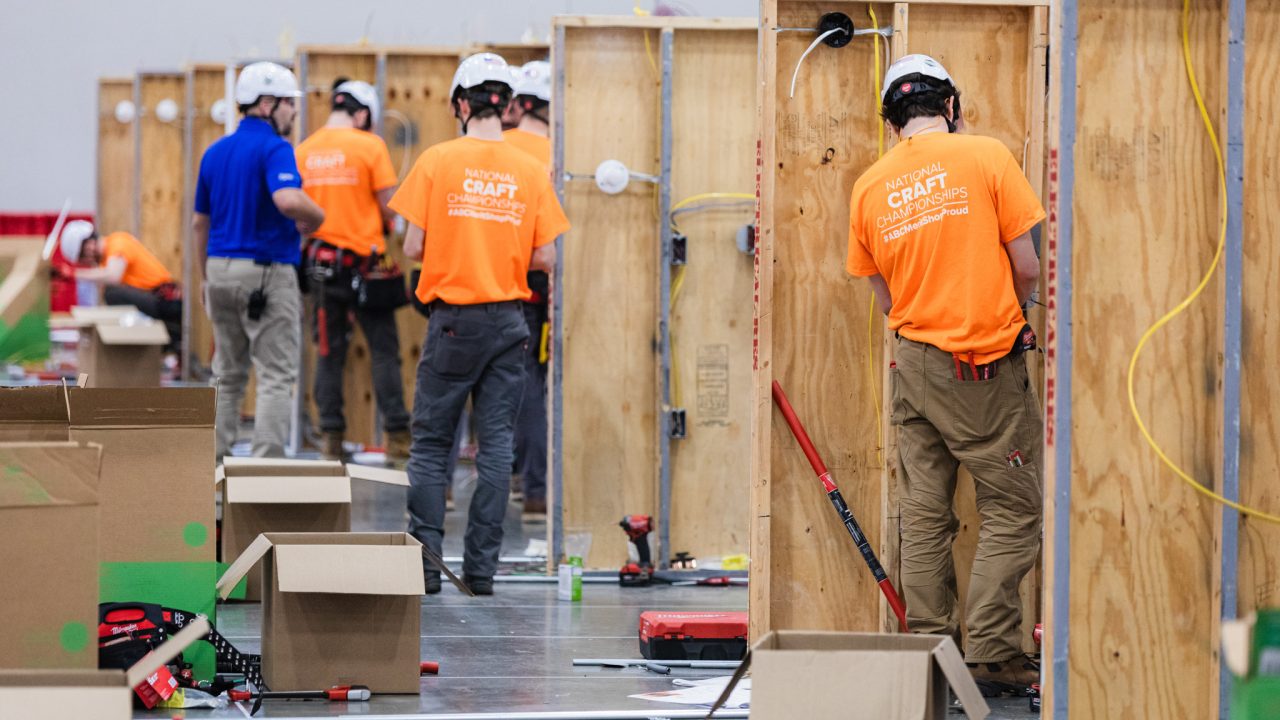In today’s market, companies must take every opportunity to remain competitive—so there has never been a better time for construction companies to re-evaluate their employee recruiting and retention practices.
Graycor, a national general contractor founded in 1921, has ingrained its recruitment and retention efforts into the larger company culture through its engineer mentor committees (EMC). The lessons learned by Graycor can be applied to companies throughout the construction industry. Executive Vice President, HR/Organizational Development for Graycor, Brett Walsh, recaps why the company’s EMC program is popular with employees and how it benefits the company’s critical business results.
Q: How was the EMC program started?
A: Like most companies, Graycor had informal mentorships for many years. Graycor established the EMC more than 20 years ago to foster not just the job skills development of new engineers but to also ensure longer-term career development paths for new hires.
Q: What has proved to be the key(s) to the EMC’s success?
A: The most important thing is the steadfast commitment of the mentors. They are mentors because they want to be. This is critical. For mentors, especially, development efforts take commitment, discipline, and a strong desire to listen and coach.
Meaningful and relevant training content is also key. Learning sessions are developed and led by mentors and other subject matter experts, who truly understand the real-world challenges of the job.
Additionally, having senior managers participate in EMC events—including the social events and competitions—enhances everyone’s ability to work as a team. It also reinforces the benefits of Graycor’s “flat” organization structure and “open-door” culture.
Q: How does a mentorship program help fill a company’s talent pipeline?
A: Developing talent from within provides a pipeline of employees with the right technical and interpersonal skills who will then have the opportunity to lead others and lead projects of greater scale and scope. Having employees rotate through various jobs and take on stretch assignments is also helpful.
Q: What are the benefits beyond employee growth and retention?
A: The entire company benefits from a culture of mentorship. Once employees have experienced a healthy mentoring relationship, they tend to be better problem preventers and solvers; they are more engaged; and their years of service with the company are a great selling tool. Participants also build lifelong support networks with their colleagues.
A mentorship program keeps the team focused on the long-term perspective and demonstrates that the ability to build relationships as just as important as building technical skills. Additionally, the small-group settings allow for honest discussions and candid feedback about what’s working and not working on the job, which helps the company to continuously improve.
Q: Does a mentorship program lead to better outcomes for a company’s clients?
A: Absolutely, yes. These programs lead to competency and consistency in employee skillsets, output and attitude. They help employees adopt a solution-oriented mentality even before going onto a jobsite. Ultimately, these employees drive better project results for Graycor’s clients.
Q: How does the program help mentees grow?
A: The program helps mentees develop confidence and a sense of belonging. It offers a lower-stress environment in a high-stress industry. When new engineers are feeling overwhelmed by the job, having the family vibe of the EMC helps them stay focused on what’s important.
Because mentorship programs lay out expectations early, participants quickly come to understand the overall company culture and structure. Mentees build skills by exploring fresh ideas and becoming familiar with company norms and best practices.
Q: How should mentors approach working with mentees?
A: It’s important to be a good listener, a sounding board for mentees. Mentors should avoid taking over the role of the mentee’s day to day manager. They must strive to identify where a mentee has skills gaps and where experience or development is needed, then coordinate with the mentee’s manager as needed.
Graycor also allows mentees some latitude in tailoring their own experiences and requesting exposure to specific project activities while still maintaining a consistent standard of development. In some ways, the mentor acts as a life coach, guiding the new hire’s initial experience to make sure they can navigate the challenges of travel, living on the road, and becoming a professional.
Q: How should companies go about setting up such a program?
A: Start on a small scale and keep it simple. Begin by developing a comprehensive list of the key competencies mentees need and then list the ways a mentee could build those competencies. Learning and skill-building can be through on-the-job training and job shadowing, online learning, self-study or instructor-led group training. Identify potential mentors in the company who can make sure mentees are getting both day-to-day experience and the broad development that builds their careers.
Commit to investing in the program in good and bad years. Breaks in the pipeline will hurt the company over the long term.
Finally—and this is a point worth repeating—recruit mentors to the program who are engaged and who want to do it, not those who feel they have to. This keeps the program genuine. As with other aspects of the business, when it comes to the mentorship program, follow through with what has been promised. Don’t sell a mentor program with no real substance to it; keep it consistent and meaningful across the organization.







